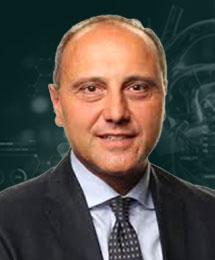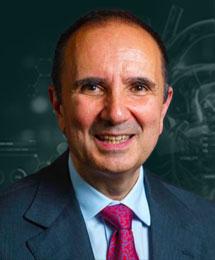Novel fast-track strategies to guidelines-directed medical therapy optimisation in heart failure patients with functional mitral regurgitation
Novel fast-track strategies to guidelines-directed medical therapy optimisation in heart failure patients with functional mitral regurgitation
This iHF webinar explores innovative fast-track strategies for optimising guideline-directed medical therapy (GDMT) in heart failure patients complicated by functional mitral regurgitation. The discussion is illustrated through a real-life clinical case of a 60-year-old patient with ischaemic cardiomyopathy and severe functional mitral regurgitation, whose condition is worsening due to suboptimal medical therapy limited by hypotension.
The session focuses on how transcatheter mitral valve interventions—particularly edge-to-edge repair (M-TEER)—can improve haemodynamics and thereby enable safer and more effective uptitration of heart failure medications.
Speakers also compare interventional and surgical options for patients with heart failure and mitral regurgitation, weighing the pros and cons of repair versus replacement, particularly in younger patients, and addressing how residual MR after the procedure can impact outcomes.
Finally, the discussion highlights the essential role of transdisciplinary heart team decision-making, with a special focus on heart failure nurses in managing complex medication regimens and ensuring continuous patient monitoring.
Participate in this iHF Webinar if you want:
- to understand how percutaneous mitral valve intervention (TEER), demonstrated step-by-step, can enable a fast-track GDMT optimisation
- to appraise the impact of biomarker-guided HF therapy
- to learn how to effectively and safely implement and up-titrate GDMT
Target audience:
All healthcare professionals interested in learning contemporary holistic management strategies of heart failure patients:
- Cardiac surgeons
- Cardiologists (early career and advanced)
- Endocrinologists
- General practitioners
- Geriatricians
- Internal medicine physicians
- Intensivists
- Nephologists
- Nurses and allied professionals
- Primary care specialists
Coordinators :



Discussants :

Speakers :




